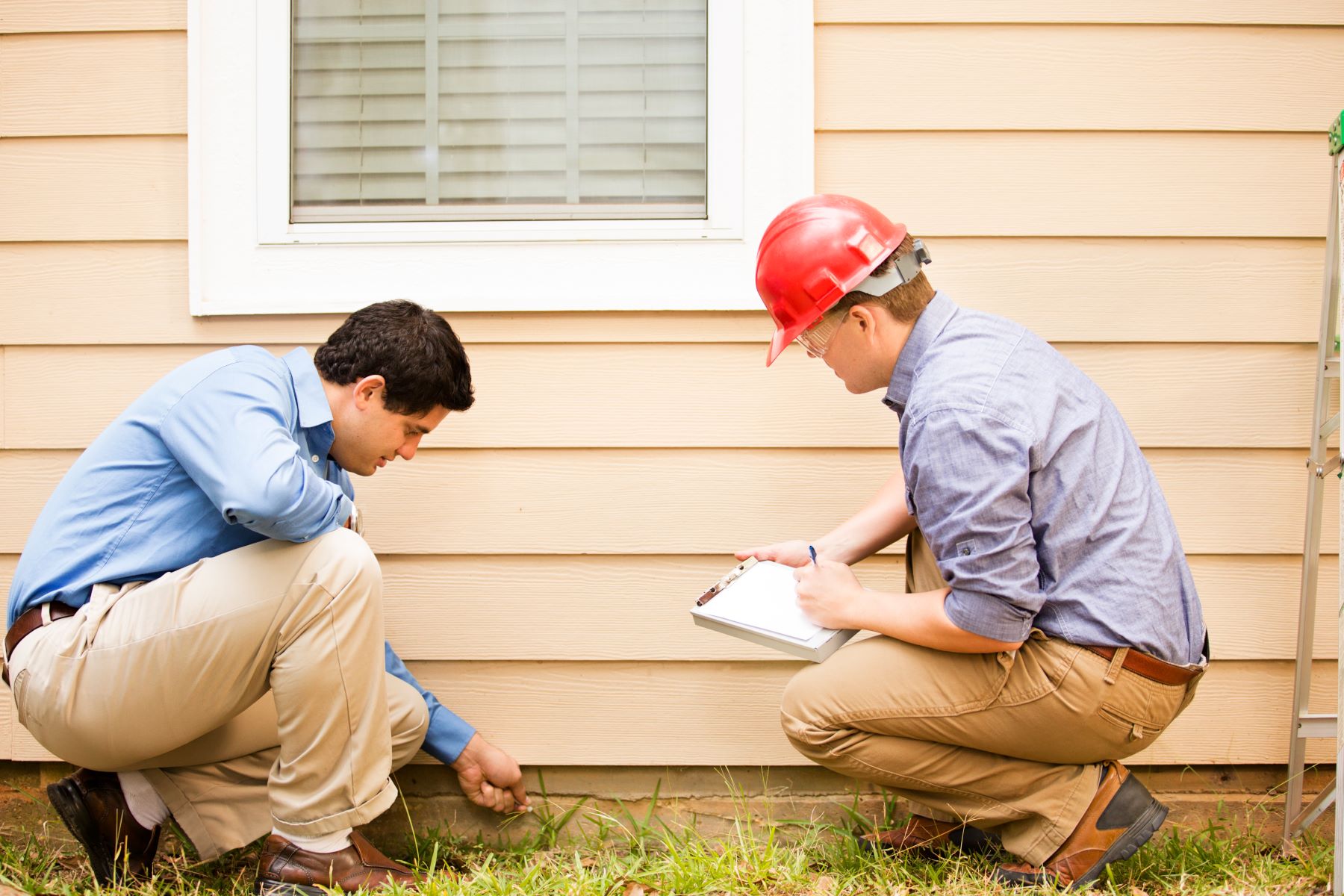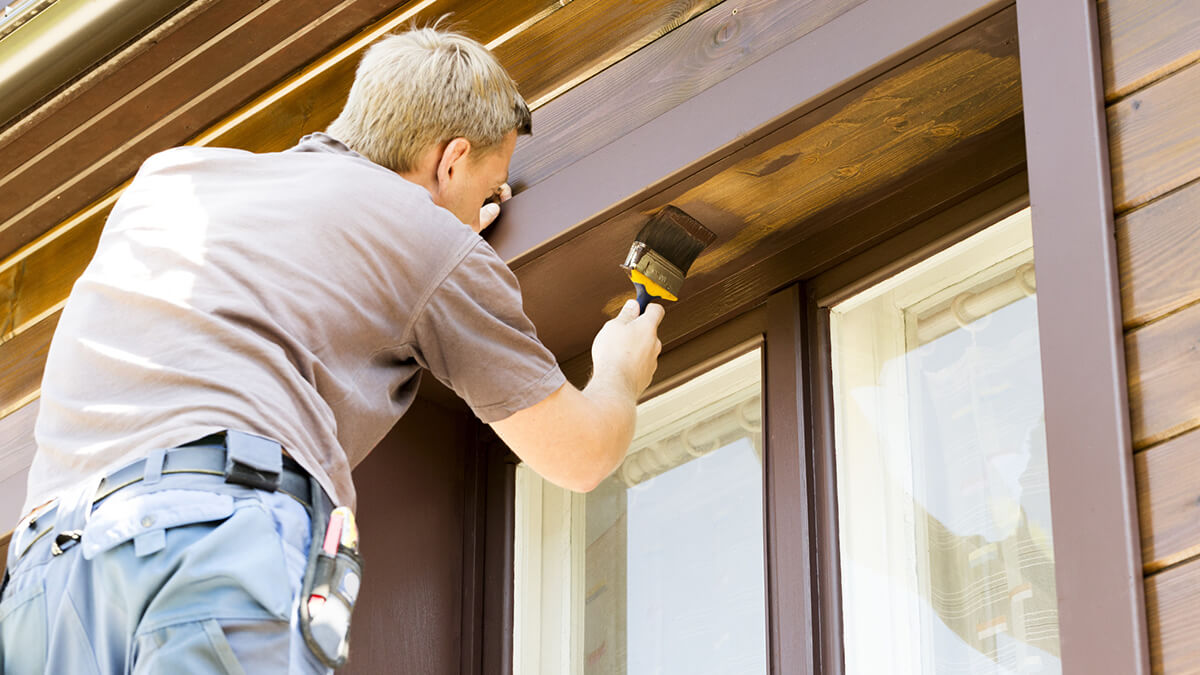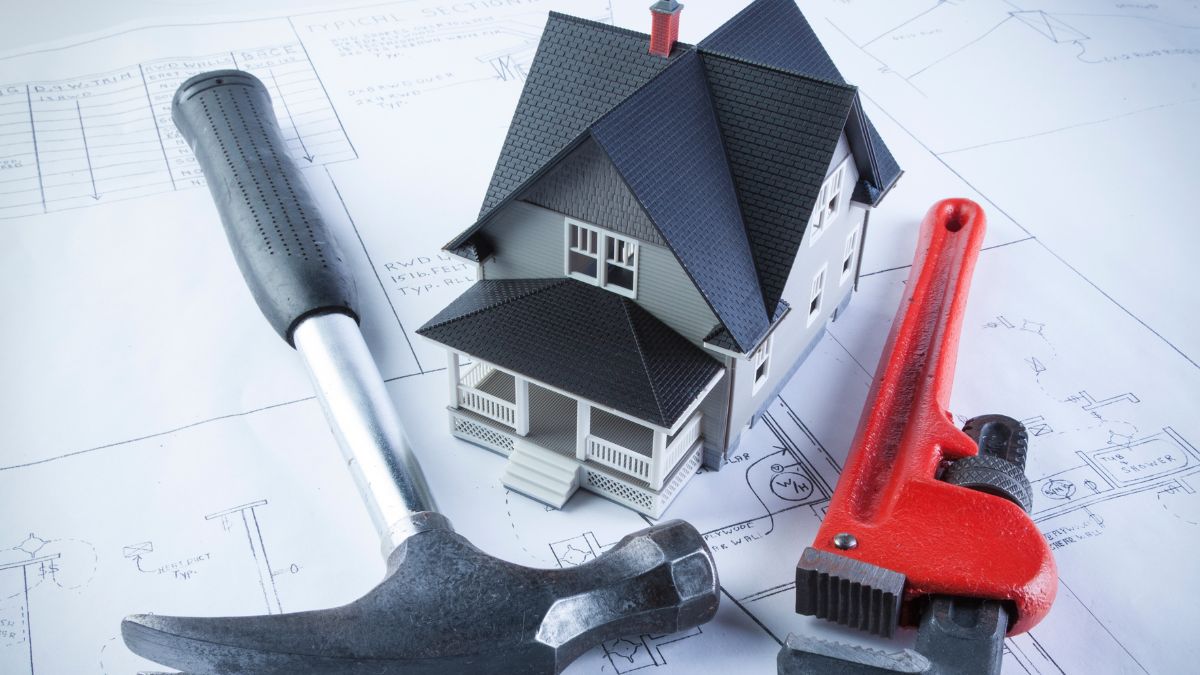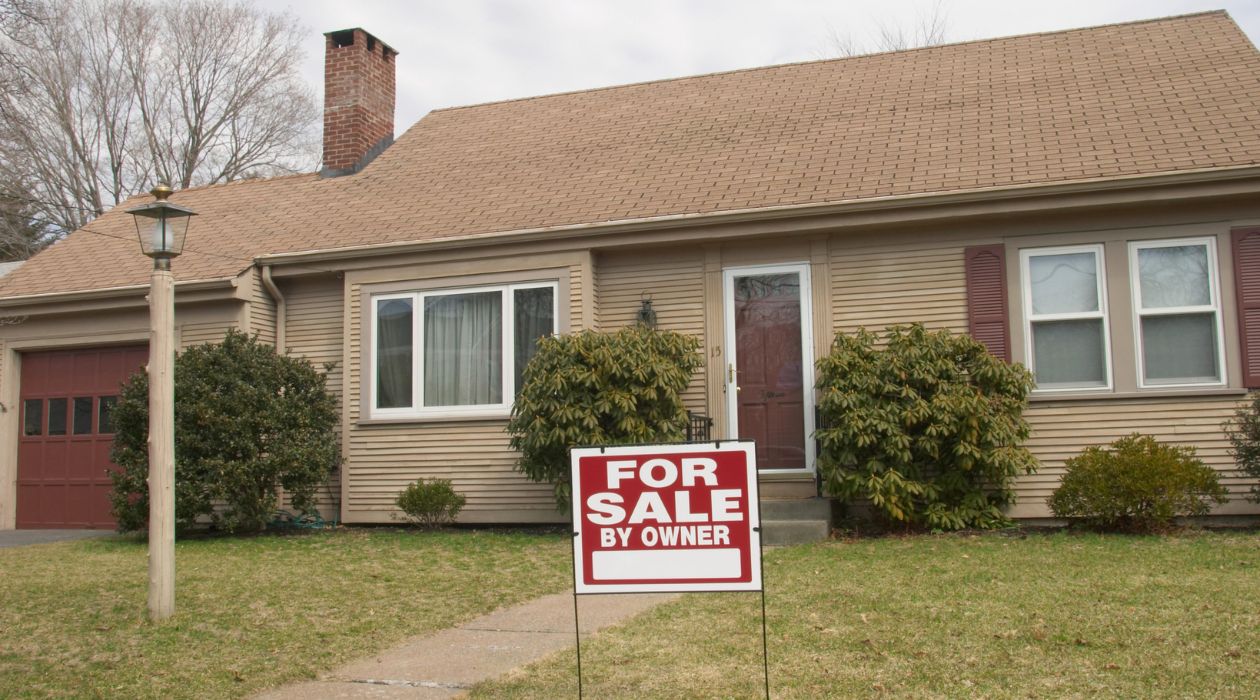Home>Ideas and Tips>Understanding Home Inspections: What To Expect When Buying Or Selling


Ideas and Tips
Understanding Home Inspections: What To Expect When Buying Or Selling
Published: September 26, 2024
Learn what to expect during a home inspection, whether you're buying or selling. Get insights on the process, benefits, and how to prepare.
(Many of the links in this article redirect to a specific reviewed product. Your purchase of these products through affiliate links helps to generate commission for Storables.com, at no extra cost. Learn more)
Home inspections are a crucial step in both buying and selling a home. These inspections provide an unbiased assessment of the property's condition, helping buyers identify potential issues and sellers address any concerns before listing their home. In this article, we will delve into the details of what to expect during a home inspection, covering both the buyer's and seller's perspectives.
A home inspection is a comprehensive examination of a property's interior and exterior to identify any defects, damage, or potential issues. This inspection is typically conducted by a licensed and certified home inspector who will evaluate various aspects of the home, including its foundation, structure, plumbing, electrical systems, HVAC, roof, and more. The primary goal of a home inspection is to provide an objective report on the condition of the property, helping both buyers and sellers make informed decisions.
For buyers, a home inspection is essential because it allows them to uncover any hidden problems with the property. This can help them avoid costly repairs down the line and potentially negotiate with the seller to address these issues. For sellers, a home inspection can help identify and fix problems before listing the property, which can increase its value and appeal to potential buyers.
The timing of the home inspection varies depending on the circumstances. For buyers, it is typically scheduled after they have made an offer on the property but before closing. This ensures that any issues found during the inspection can be addressed before finalizing the purchase.
For sellers, a pre-listing inspection can be beneficial. This involves hiring a home inspector before listing the property to identify any potential issues and address them before potential buyers raise concerns. This proactive approach can help sellers list their home at a higher price and potentially attract more buyers.
Choosing the right home inspector is crucial for an accurate and comprehensive report. Here are some steps to follow when hiring a home inspector:
- Ask for Recommendations: Ask your real estate agent or friends and family for recommendations. They may have had positive experiences with certain inspectors.
- Check Credentials: Ensure the inspector is licensed and certified by a reputable organization such as the American Society of Home Inspectors (ASHI) or the National Association of Home Inspectors (NAHI).
- Read Reviews: Look up reviews online to see what other clients have to say about their experience with the inspector.
- Check Insurance: Make sure the inspector has liability insurance to protect against potential claims.
- Get a Detailed Report: Ensure that the inspector provides a detailed report with photographs and notes on any issues found.
A home inspection typically lasts between two and four hours, depending on the size of the property. Here’s what you can expect during this process:
During a home inspection, you won't be present. The inspector will need to move freely around the property without any interference. Typically, the home inspector and the buyer’s agent will be present. The buyer may also attend if they wish, although it's not mandatory.
The inspector will thoroughly examine every aspect of the home, including:
- Roof: The condition of shingles, gutters, downspouts, vents, flashings, skylights, chimney, and other roof penetrations.
- Exterior: Siding, eaves, soffits, fascia, windows, doors, trim, walkways, driveways, porches, decks, and drainage.
- Foundation: Signs of foundational issues like cracks, settling, uneven floors, and doors that don’t open and close properly.
- Basement: Signs of flooding; dampness; mold presence.
- Plumbing: Functionality and location of main water and fuel shut-offs; water heater operation; toilets; sinks; tubs; showers; drain; waste & vent systems; sump pumps.
- Electrical: Service drops; conductors; mast; electrical meter and panels; grounding and bonding; testing representative number of switches; lighting fixtures; receptacles (AFCI & GFCI).
- Heating/Cooling Elements: Efficiency of HVAC systems using normal operating controls; describing location of thermostat; energy source; heating/cooling method.
- Fireplace: Readily accessible portions of fireplaces & chimneys; lintels; damper doors; clean out doors and frames.
- Attic: Sufficient insulation and ventilation; signs of pests like mice, bats, squirrels, and other animals.
- Floors: Levelness; safety; integrity—checking for holes from decay or vermin.
- Windows: Proper sealing from interior and exterior.
- Doors: Easy access—ensuring exterior doors lead to safe level landings.
The inspector will take detailed notes, photographs, and videos throughout the property. They may also record any other information they find relevant to the home's condition. This documentation will be included in their final report.
The home inspection report will detail all findings from the inspection process. It may include:
- A summary of major issues found
- Photographs or diagrams showing specific problems
- Recommendations for repairs or further evaluation
- An overall assessment of the property's condition
Technically, the home inspection report belongs to the buyer who commissioned it. However, most buyers provide sellers with an amended version of the report specifying any issues they expect sellers to address.
Sellers should be prepared for several aspects of a home inspection:
Sellers will not be present during the inspection itself but will likely receive a copy of the inspection report afterward.
The duration of a home inspection can vary depending on property size but typically lasts between two and four hours.
Inspectors will thoroughly examine every aspect of the property as mentioned earlier.
Sellers may receive an amended version of the report from buyers specifying any issues they expect sellers to address.
Sellers should not incur any direct costs for home inspections; it is up to buyers to arrange and pay for them.
Yes, it is possible that serious issues found during an inspection could cause buyers to back out of the transaction or renegotiate terms. However, most serious buyers who reach this stage are committed and unlikely to back out unless they feel compelled by significant concerns.
To prepare for an inspection:
- Cleanliness: Ensure your home is clean and uncluttered.
- Accessibility: Clear paths to all areas including basements and attics.
- Minor Repairs: Handle any small repair issues you're already aware of.
- Documentation: Keep records of any recent maintenance or repairs.
Buyers should be prepared for several aspects of a home inspection:
Buyers may choose to attend but are not required to do so; typically present will be the home inspector and buyer’s agent.
The duration will vary depending on property size but usually lasts between two and four hours.
Inspectors will thoroughly examine every aspect of the property as mentioned earlier.
Attending can be beneficial as it allows buyers to ask questions directly to inspectors about specific findings.
The report will detail all findings from inspection process including photographs or diagrams showing specific problems; recommendations for repairs or further evaluation; overall assessment of property’s condition.
Buyers can use this information:
- Negotiate Repairs: Use findings from report as leverage when negotiating repairs with sellers.
- Renegotiate Price: If serious issues are found consider renegotiating purchase price based on those findings.
- Back Out: If issues are severe enough consider backing out entirely from transaction.
After receiving their report buyers should take following steps:
- Review Report Thoroughly: Carefully review entire document noting down any major concerns identified by inspector.
- Communicate With Seller: Communicate findings directly with seller either through realtor or directly if possible negotiating terms accordingly based on those findings.
- Seek Professional Advice: If unsure about certain aspects seek professional advice whether it be realtor lawyer etc., ensuring all bases covered before making final decision regarding purchase transaction.
In conclusion understanding what happens during home inspection process whether buying selling alike is crucial ensuring smooth transaction devoid any last-minute surprises down line By being prepared knowing exactly what expect throughout entire process both parties involved can make informed decisions ultimately leading successful outcome whether buying selling alike Thank you reading article hope found informative helpful
Was this page helpful?
At Storables.com, we guarantee accurate and reliable information. Our content, validated by Expert Board Contributors, is crafted following stringent Editorial Policies. We're committed to providing you with well-researched, expert-backed insights for all your informational needs.

















0 thoughts on “Understanding Home Inspections: What To Expect When Buying Or Selling”